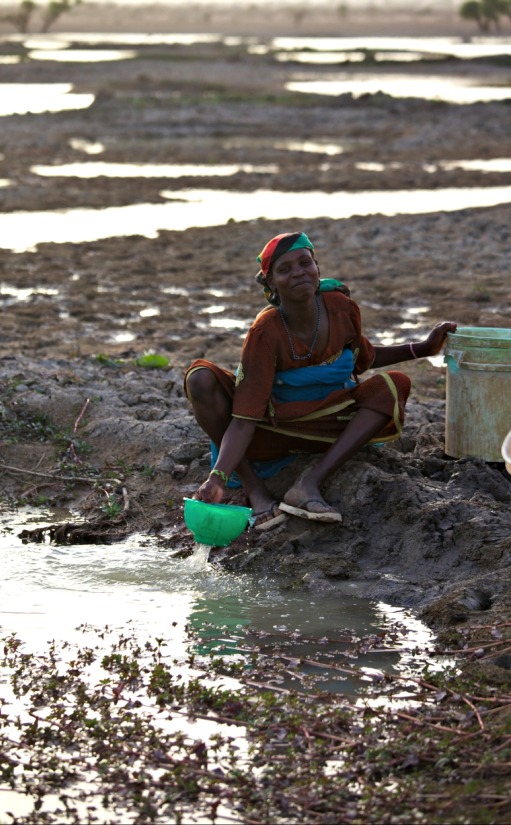by Bryan Langdo
 |
Water Officials in Portland, Oregon, recently decided to flush 38 million gallons of water from a reservoir after a man urinated in it. A similar event took place in 2011; that time, they flushed nearly 8 million gallons. Public safety was never at risk in either situation. Birds and other animals use the reservoir as a latrine as well, and it would take a lot of urine to have any impact on such a large body of water. In both events, the water was discarded simply because the idea that someone urinated in it is, well, “yucky.” The decision-makers in both instances knew they were going to face a lot of criticism no matter what they decided to do. They’d either be wasting water or supplying it to people who knew someone had peed in it. Ultimately, they flushed it because they can. As Portland Water Bureau spokesman David Shaff said, “It’s easy to replace those 38 million gallons of water.”
The whole thing says a lot about how privileged we are here in the U.S. If we think water is even slightly gross, we dump it. After all, there’s always plenty more where it came from.
Even when we do have water shortages in the U.S., the impact on our lives is minimal. We’re told to take shorter showers and refrain from washing our cars or watering our lawns. California is experiencing a drought right now, and all Governor Brown has asked is that people cut their use by 20%. And we rarely have to worry about being thirsty. Even if our tap water is of questionable quality, we can just buy bottled water or a filter to put on our faucet.
 |
| {photo by Gil Garcetti} |
But for approximately 8 million people in rural Niger, the only water available is downright filthy, and even that is in short supply. It’s usually the same water animals swim in, and it’s often contaminated with bacteria and parasites that can lead to a number of horrible diseases, such as diarrhea, trachoma, and bilharzia. For Nigeriens, the water isn’t “yucky”—it’s dangerous and often deadly. With no other options, though, they have no choice but to risk drinking it. That’s why Wells Bring Hope is determined to drill the 11,000 more wells that are needed to provide everyone with the clean, safe water they need. When a village gets a well, the people in that village get access to clean water—something we in the U.S. often take for granted—and their lives are transformed. For them, water isn’t about washing cars or watering lawns. It’s about survival—another thing many of us take for granted.
Sources:
http://www.npr.org/blogs/thetwo-way/2014/04/17/304128931/one-mans-pee-pushes-portland-to-flush-38m-gallons-of-water
http://time.com/66459/portland-reservoir-pee/
http://www.theguardian.com/environment/2014/feb/09/global-water-shortages-threat-terror-war


